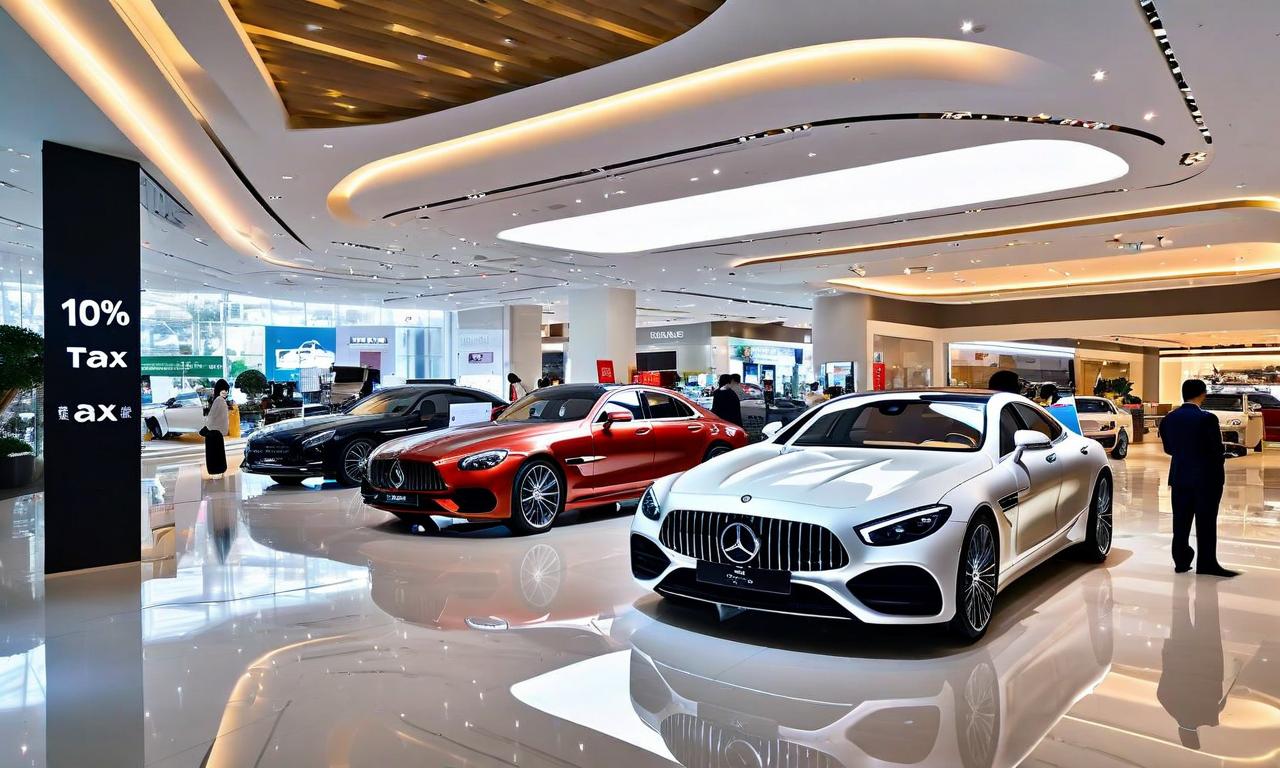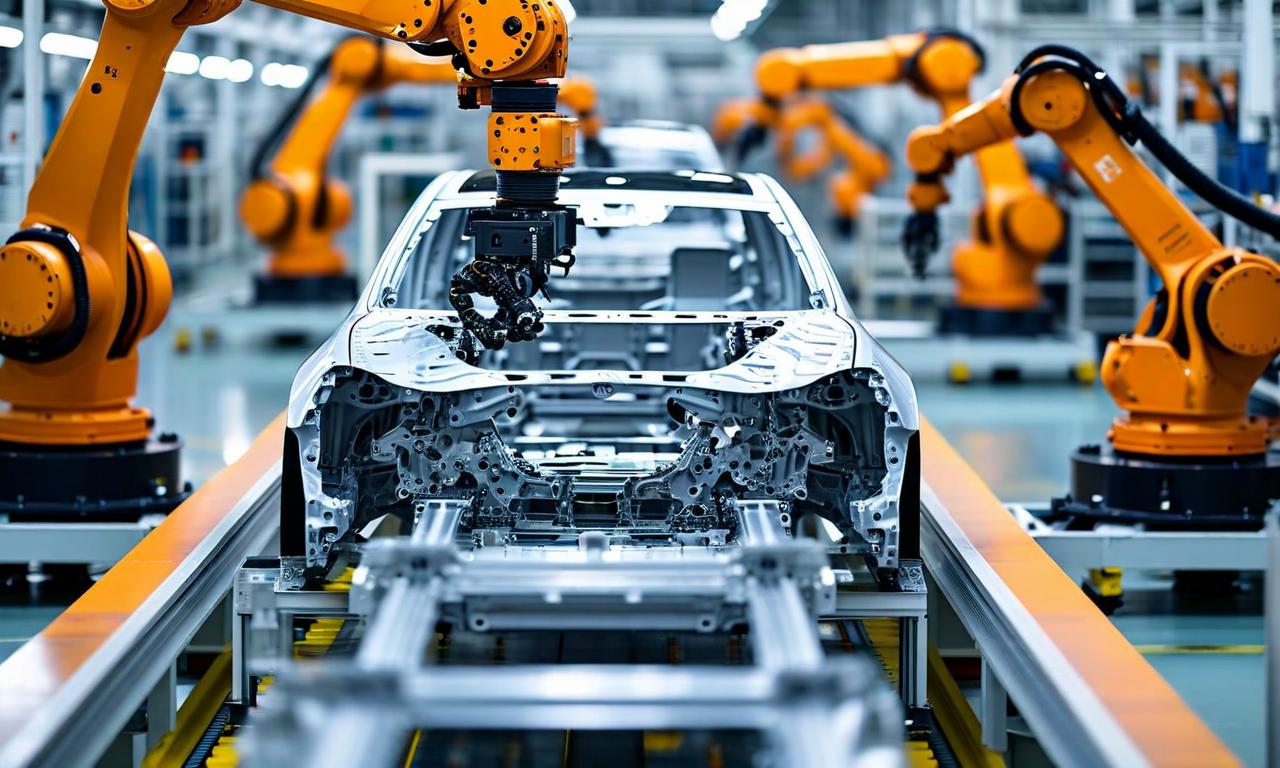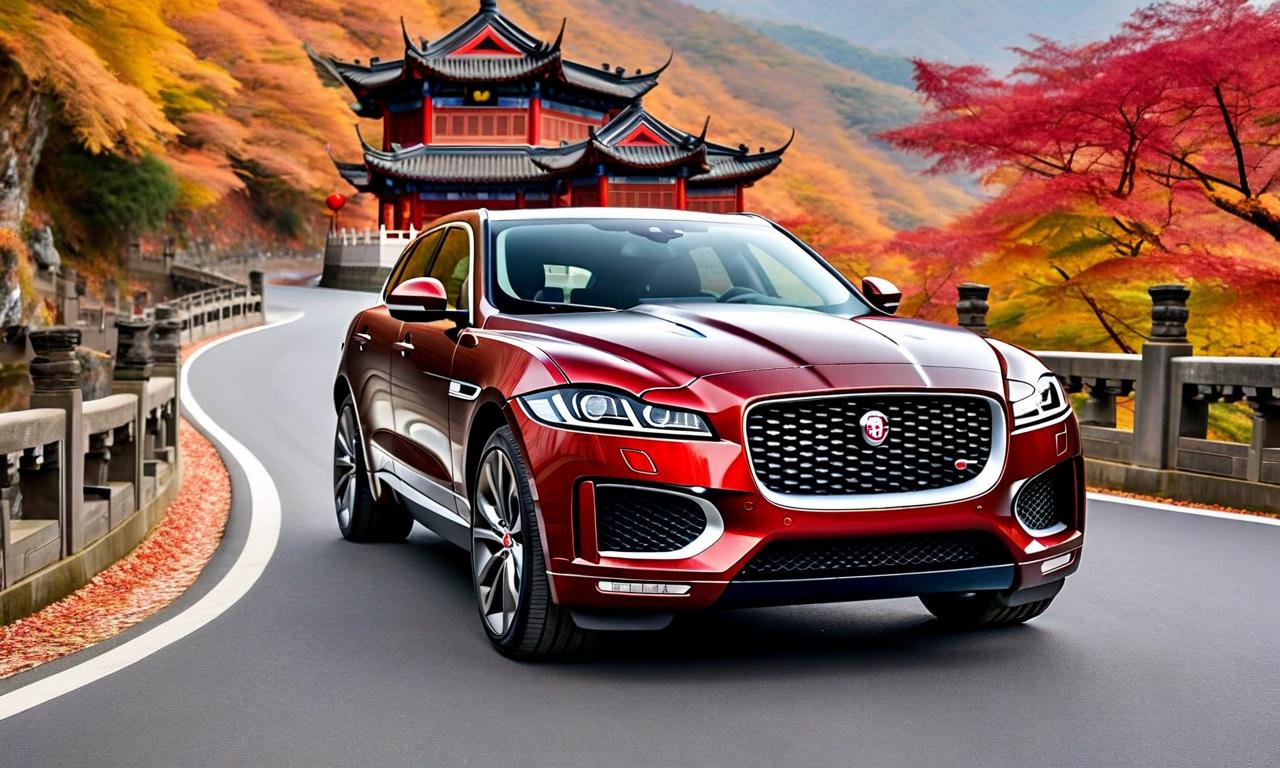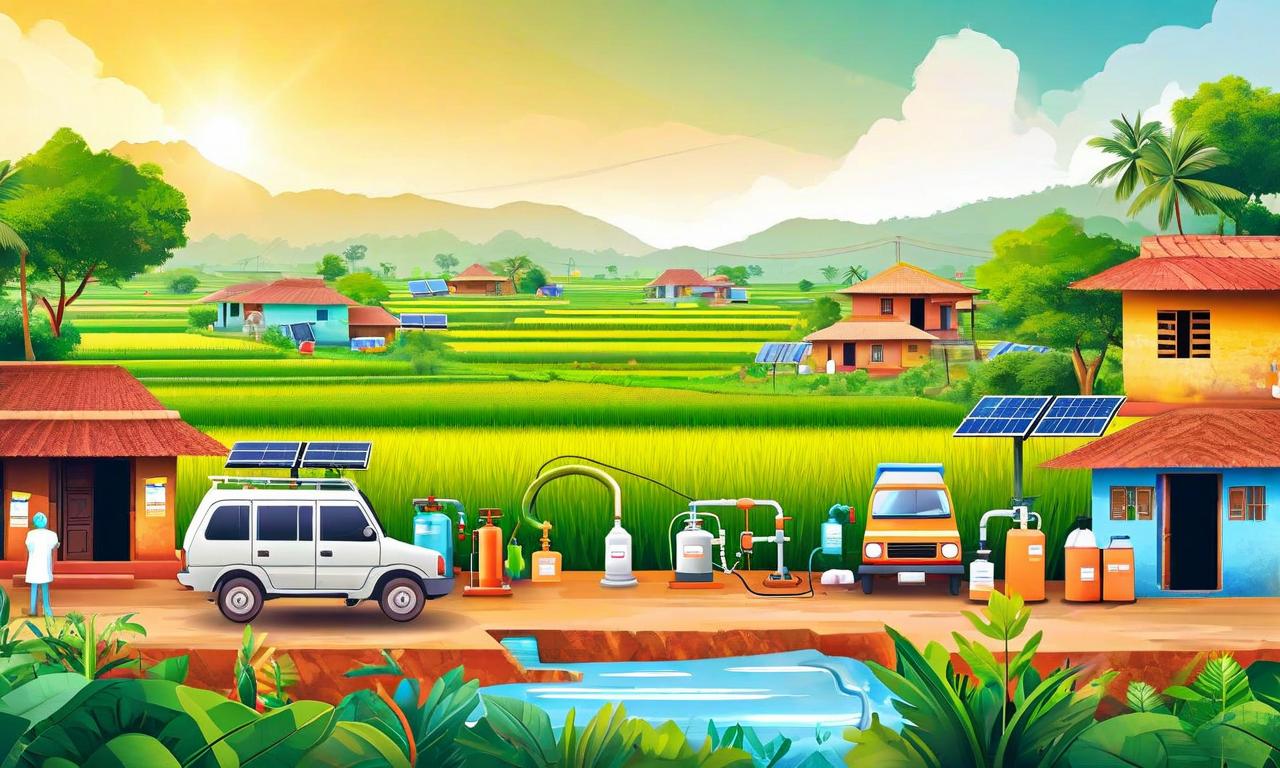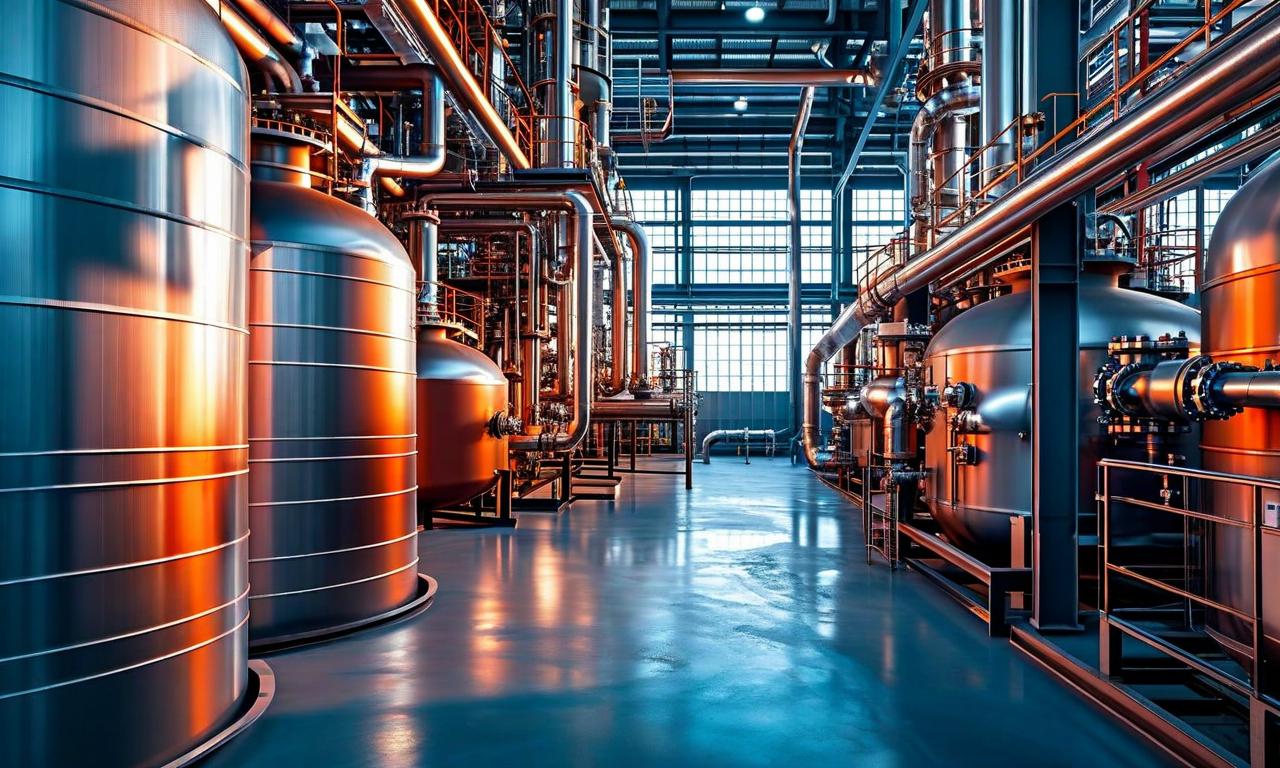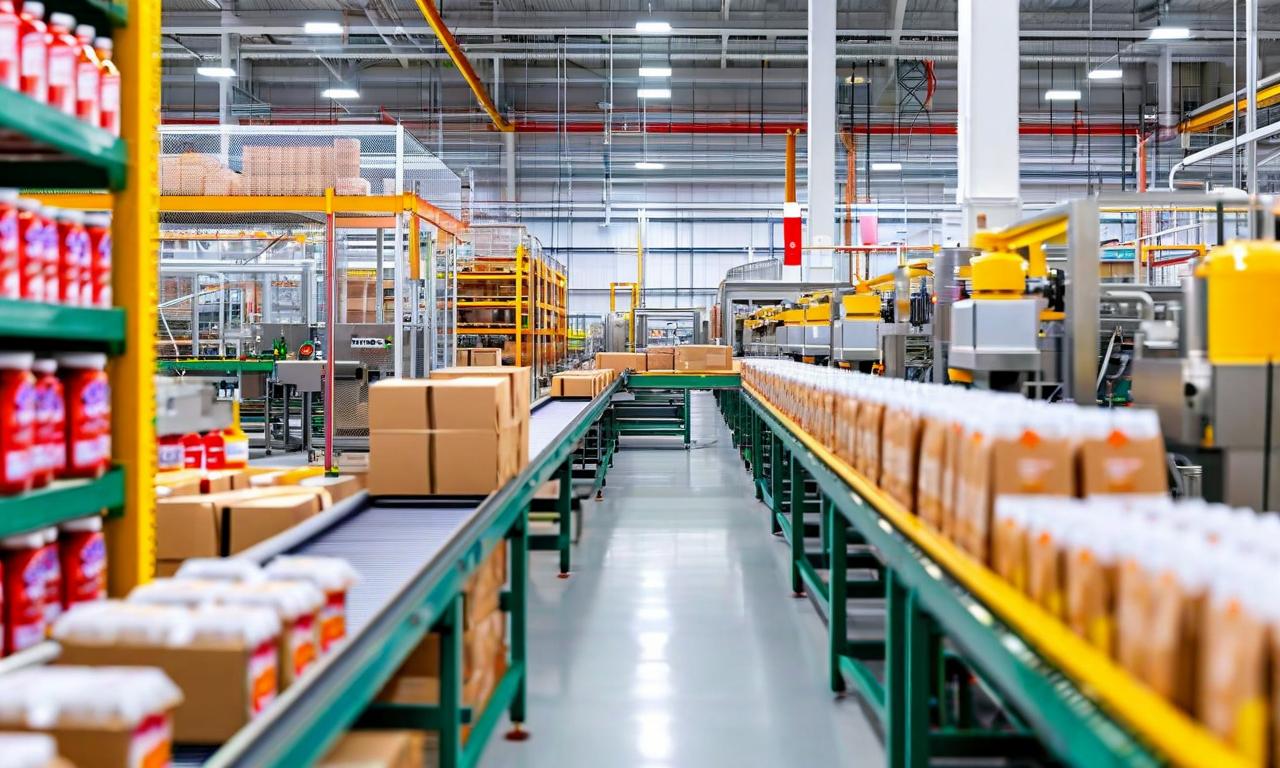Tata Motors' Jaguar Land Rover Set to Benefit from India-UK FTA Auto Concessions
India has unveiled targeted automotive concessions in its Free Trade Agreement with the UK, focusing on high-end vehicles and EVs. The deal includes phased tariff reductions for UK-made vehicles with larger engine capacities, excluding mass-market models. EV concessions will apply after five years, targeting luxury models. The agreement sets an import quota of 37,000 units over 15 years with out-of-quota imports receiving a 50% tariff reduction over a decade. This strategy could benefit Tata Motors-owned Jaguar Land Rover while protecting India's domestic auto industry.
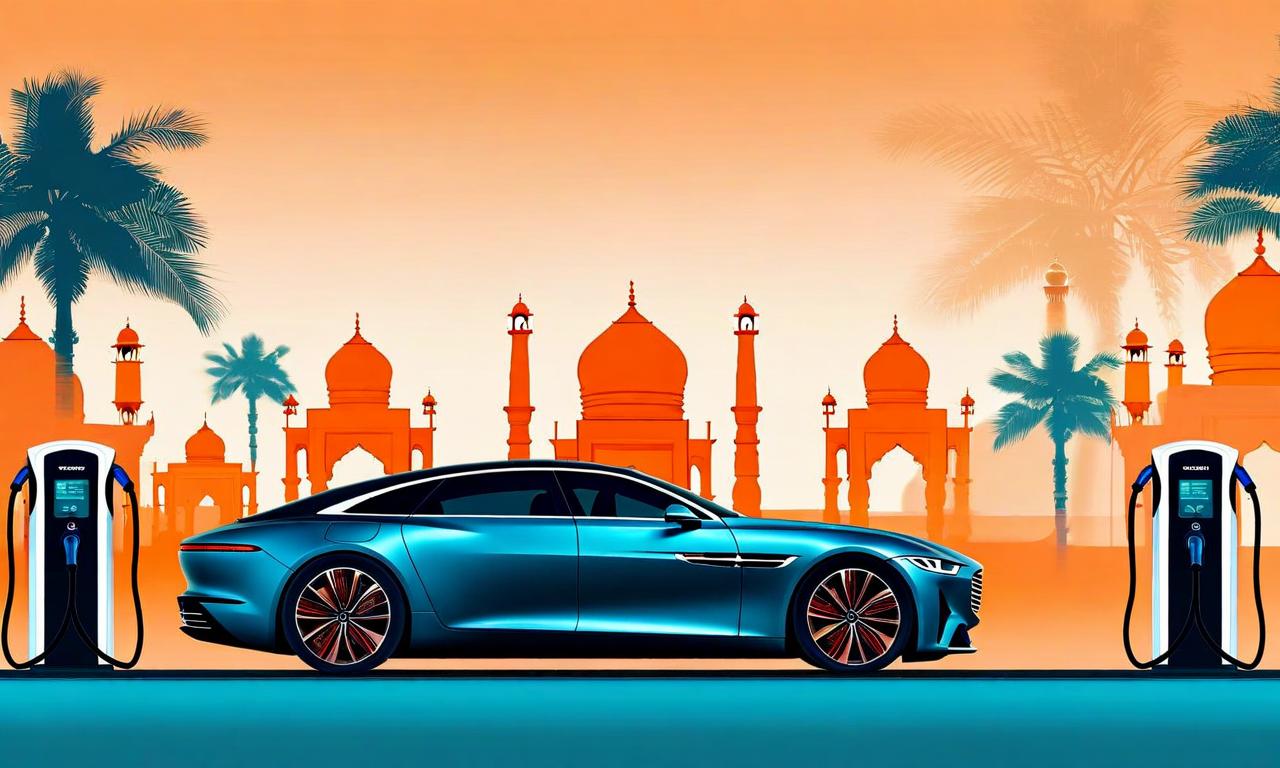
*this image is generated using AI for illustrative purposes only.
India has unveiled a strategic approach to automotive concessions in its Free Trade Agreement (FTA) with the United Kingdom, potentially opening new opportunities for Tata Motors -owned Jaguar Land Rover (JLR) while safeguarding domestic industry interests.
Targeted Concessions for High-End Vehicles
Under the newly negotiated FTA, India has offered quota-based concessions to the UK, specifically targeting high-end automobiles and electric vehicles (EVs). The agreement outlines a phased reduction of tariffs for UK-manufactured vehicles with larger engine capacities:
- Petrol engines above 3000 cc
- Diesel engines above 2500 cc
These vehicles will see tariffs gradually decrease to 10.00% over a five-year period. Notably, mass-market vehicles and those with smaller engines have been excluded from these concessions, indicating India's intent to protect its domestic automotive sector.
Electric Vehicle Strategy
The FTA also addresses the burgeoning EV market, albeit with a cautious approach:
- No concessions for electric, hydrogen, and hybrid vehicles in the first five years
- After five years, relief will be limited to EVs priced above Rs 40.00 lakh
- Effectively targets luxury EVs with prices exceeding Rs 80.00 lakh
This strategy suggests India's focus on promoting domestic EV manufacturing while allowing limited access to high-end foreign electric vehicles.
Import Quota and Tariff Reductions
The agreement sets clear boundaries on import volumes and tariff reductions:
- Total import quota capped at 37,000 units over 15 years
- Out-of-quota imports to receive a 50.00% tariff reduction over a decade
Implications for Tata Motors and JLR
Jaguar Land Rover, a subsidiary of Tata Motors, stands to gain significantly from this arrangement. The concessions are particularly favorable for JLR's high-end imported models, potentially enhancing its competitive position in the Indian luxury vehicle market.
Balanced Approach
While offering these concessions, India has reportedly secured market access gains for its own EVs that are four times larger than the concessions given to the UK. This balanced approach aims to create mutual benefits while prioritizing domestic industry growth.
The carefully structured auto concessions in the India-UK FTA reflect India's nuanced strategy in international trade negotiations. By focusing on high-end and luxury segments, the agreement aims to attract premium brands while maintaining protection for the domestic mass-market automotive sector. For Tata Motors and its JLR brand, this could translate into improved market access and potentially increased sales for their luxury vehicle lineup in India.
Historical Stock Returns for Tata Motors
| 1 Day | 5 Days | 1 Month | 6 Months | 1 Year | 5 Years |
|---|---|---|---|---|---|
| -5.47% | -1.89% | +6.13% | +42.89% | +42.89% | +42.89% |

